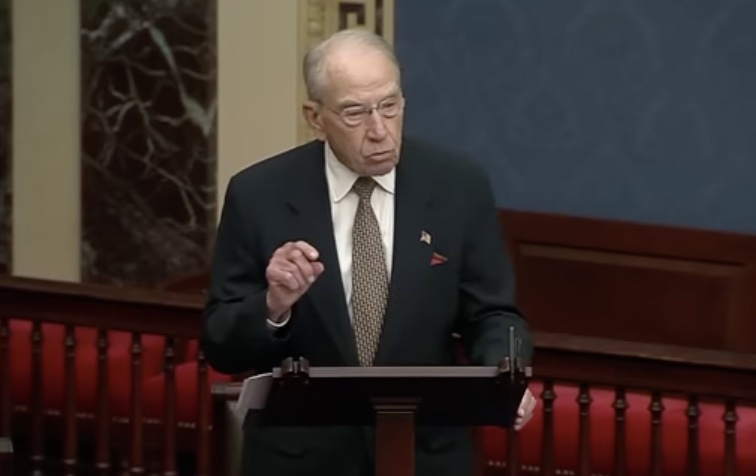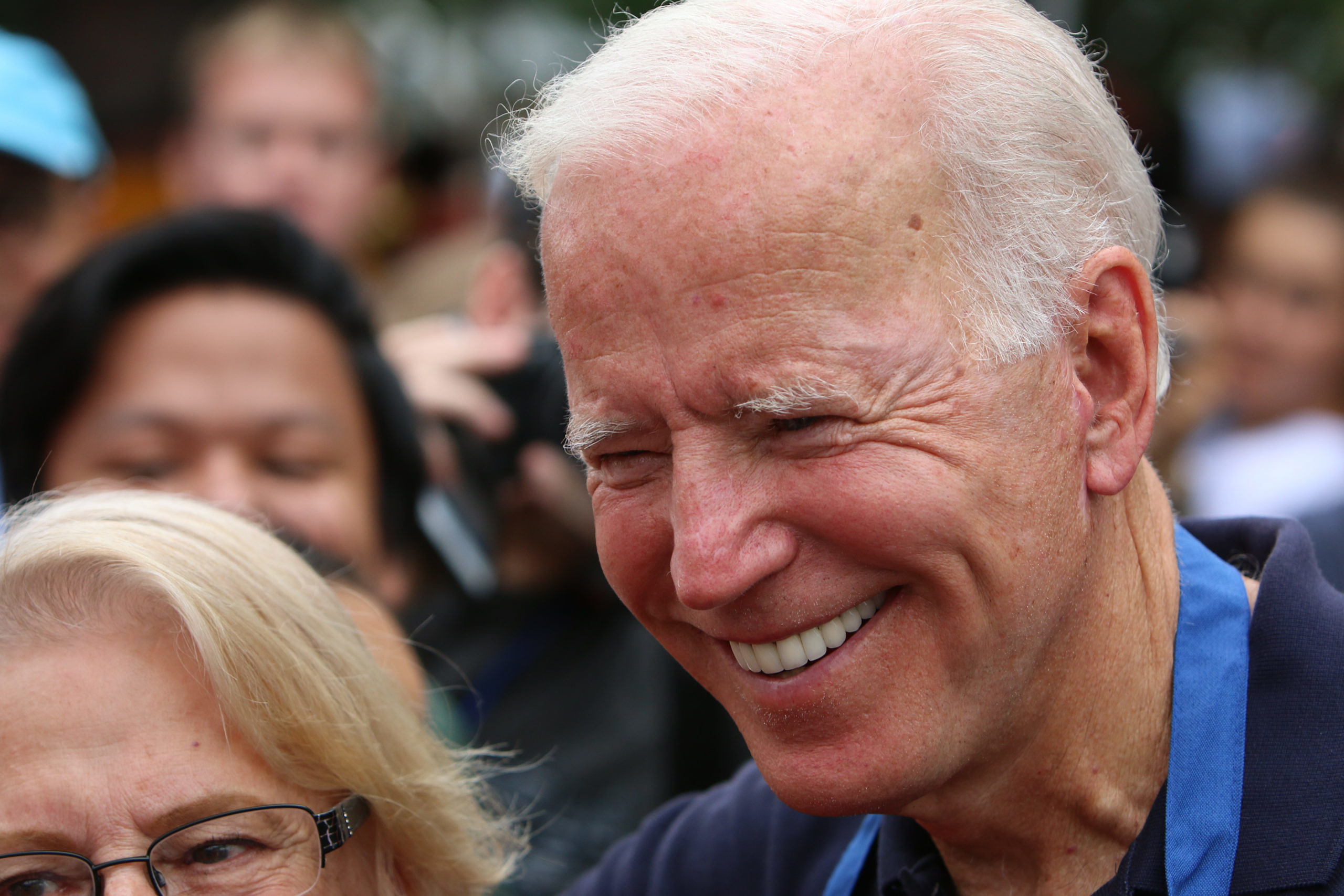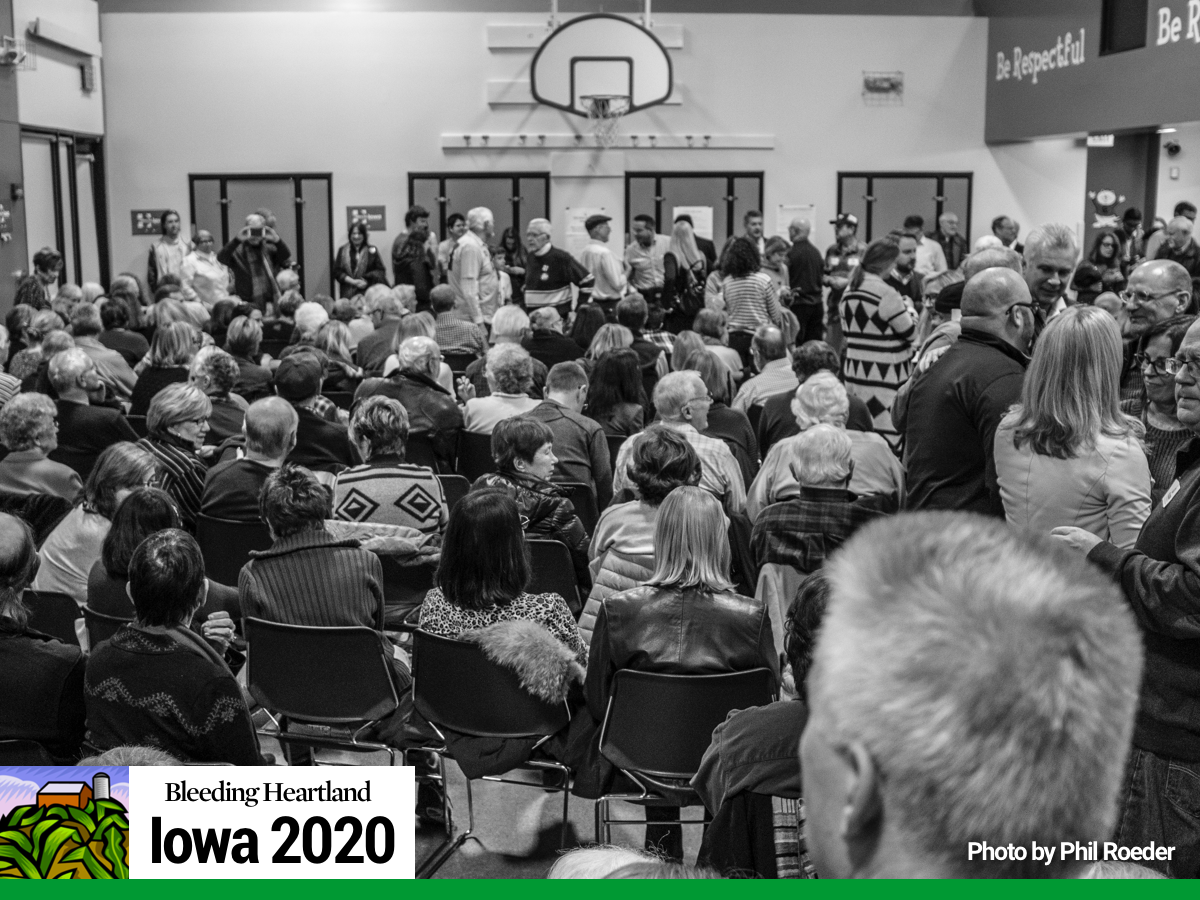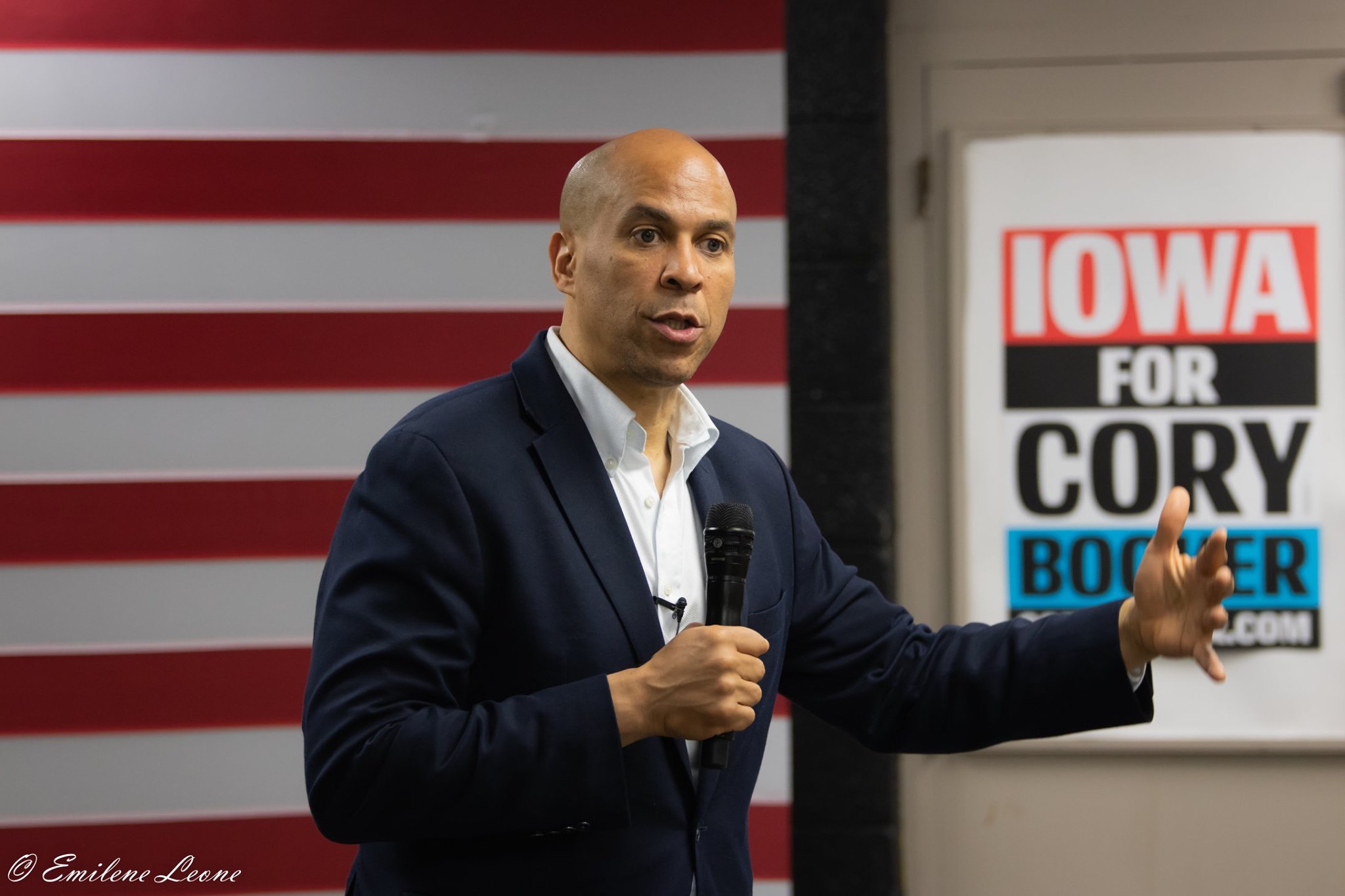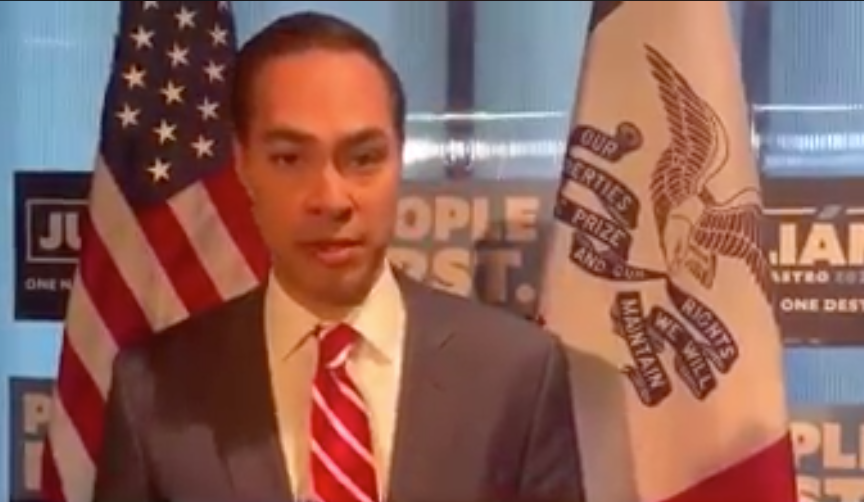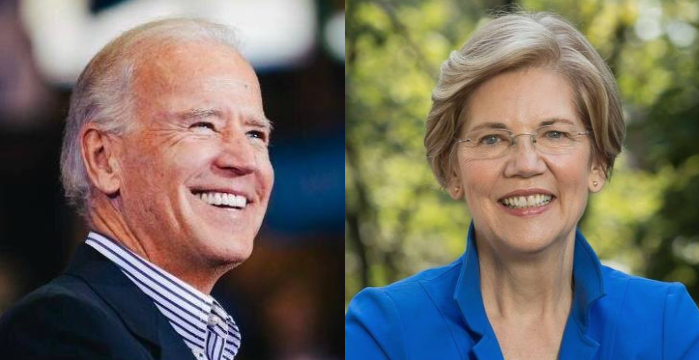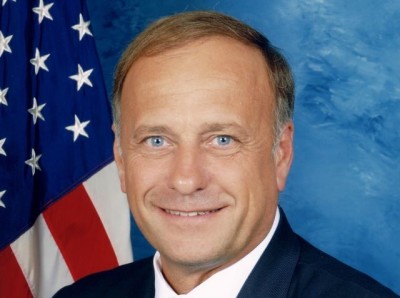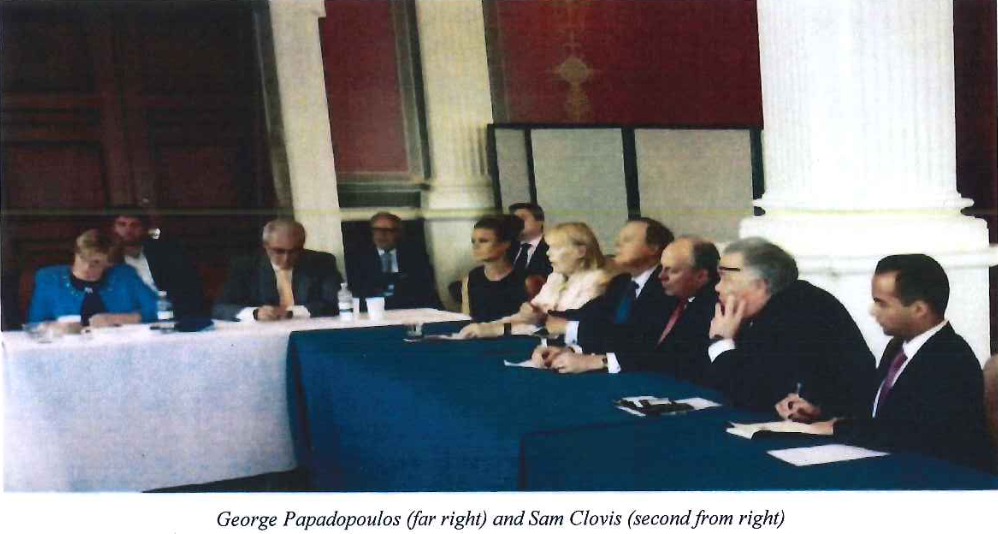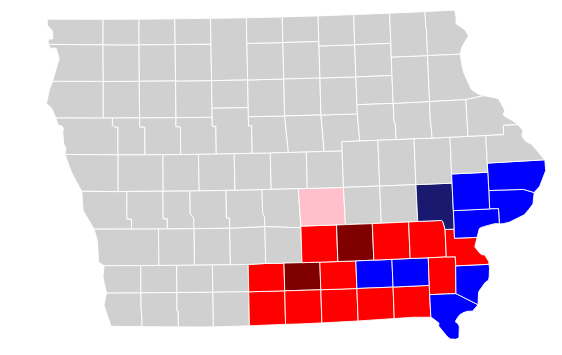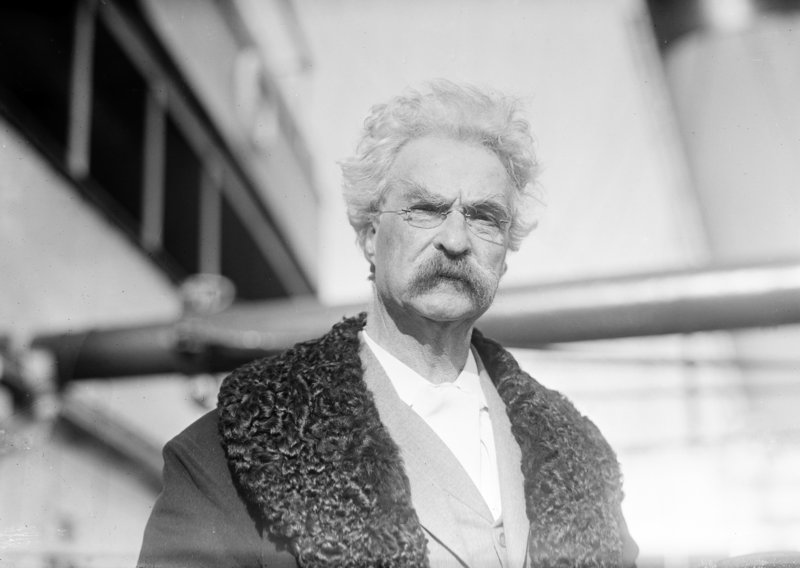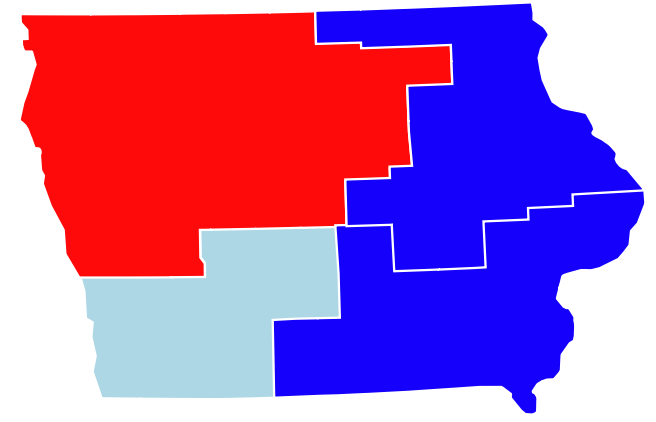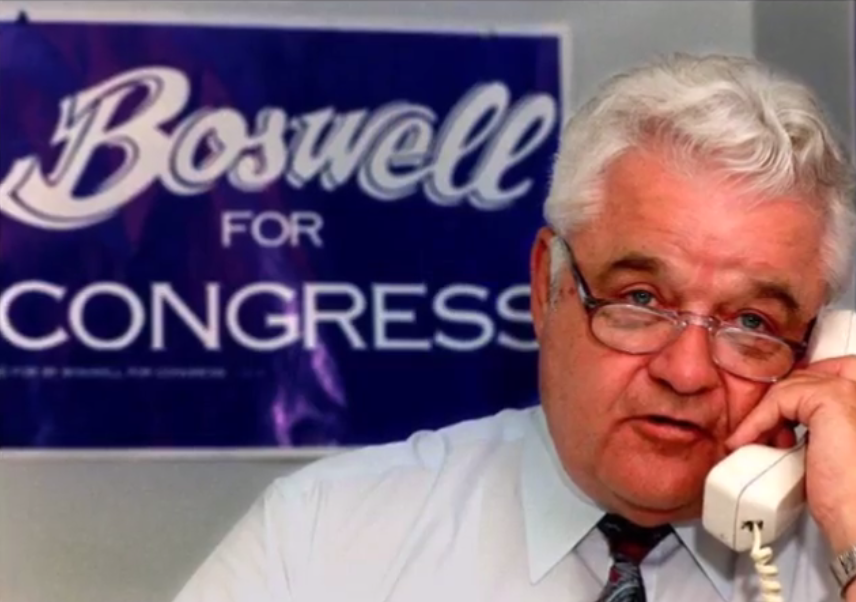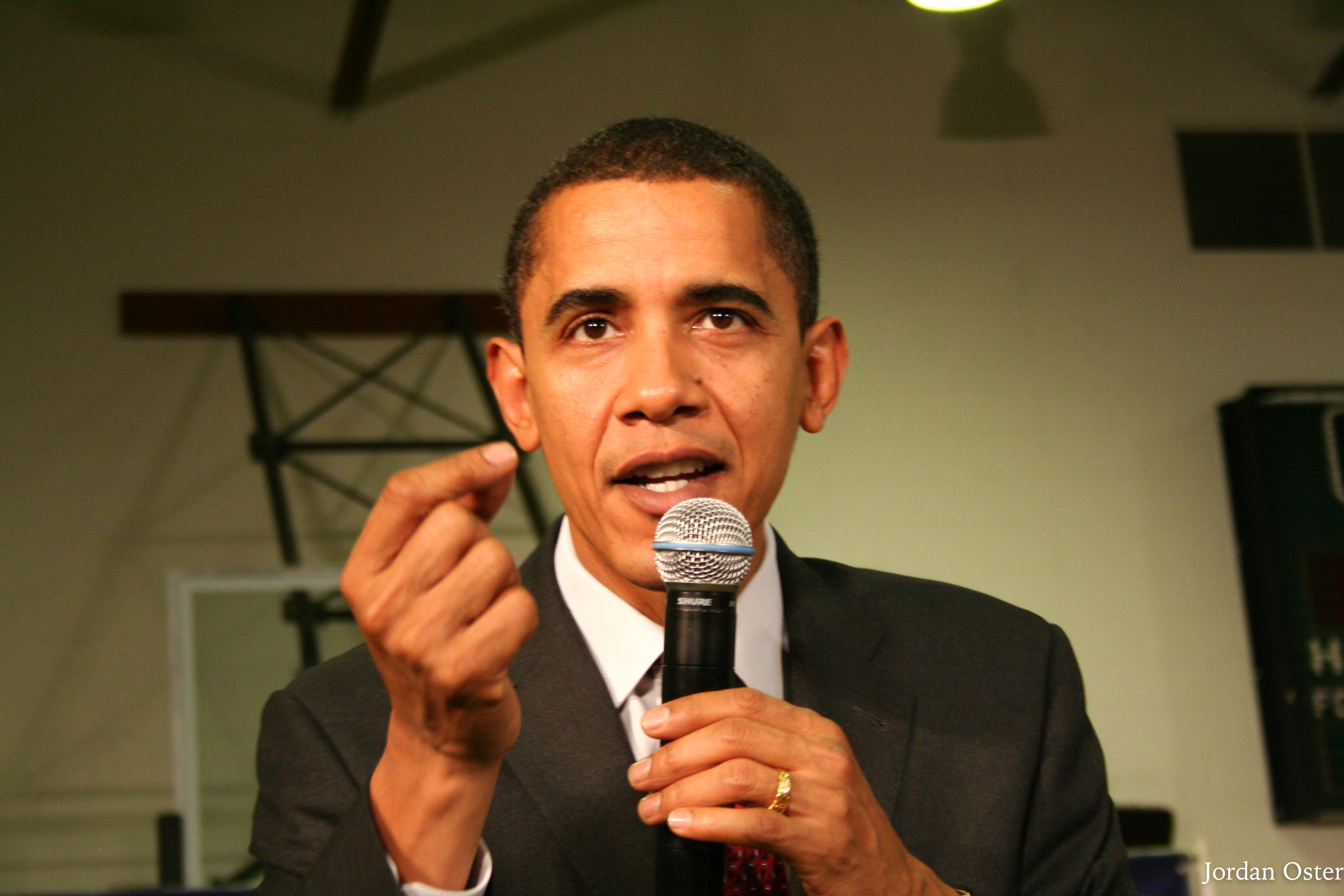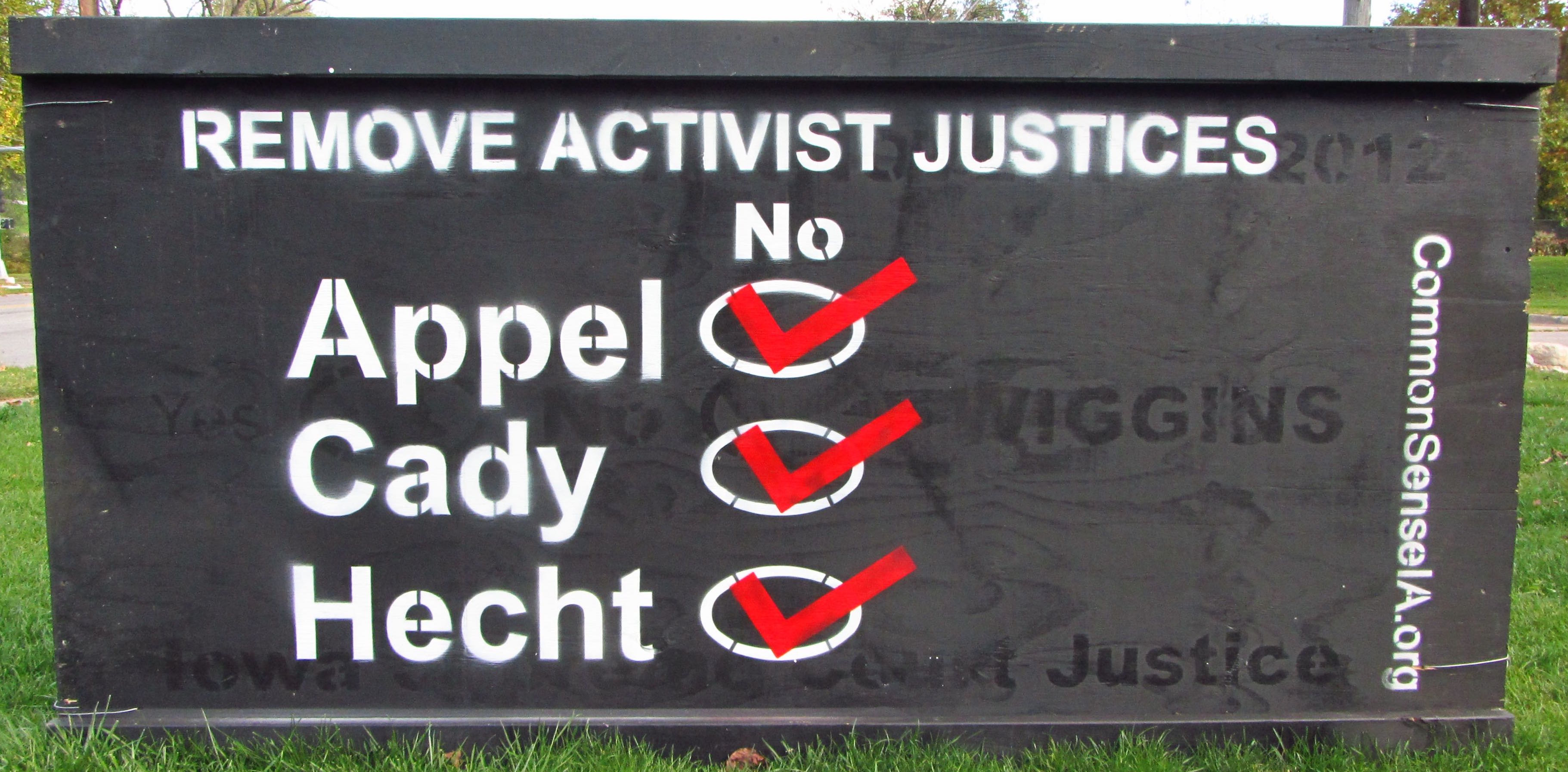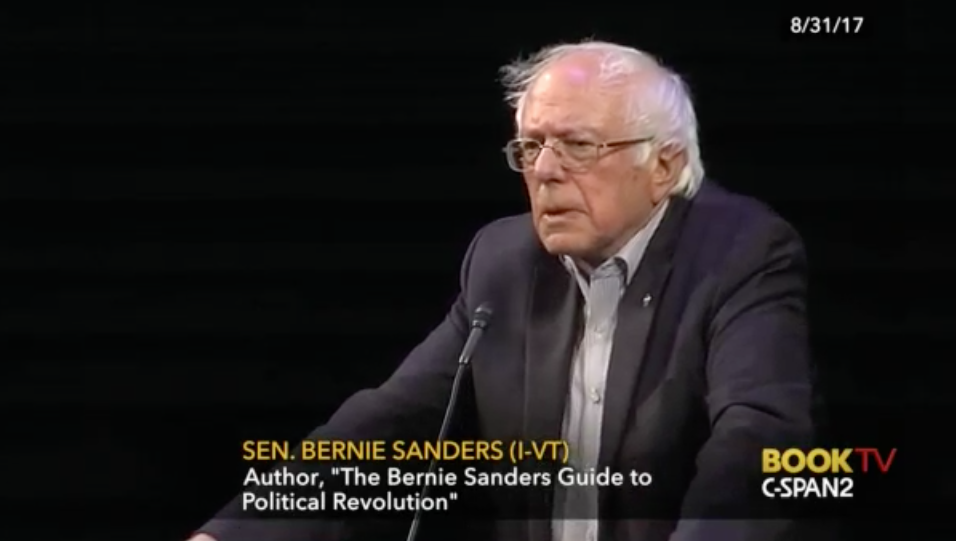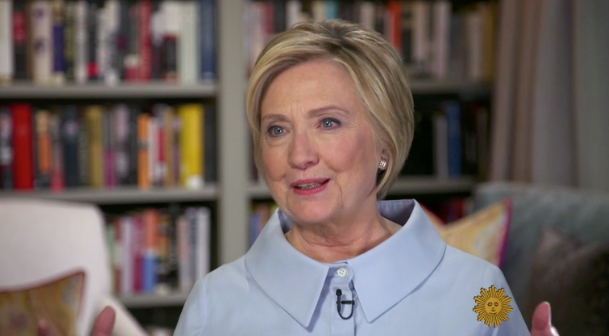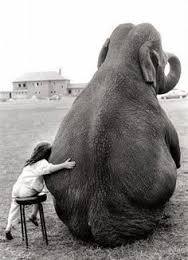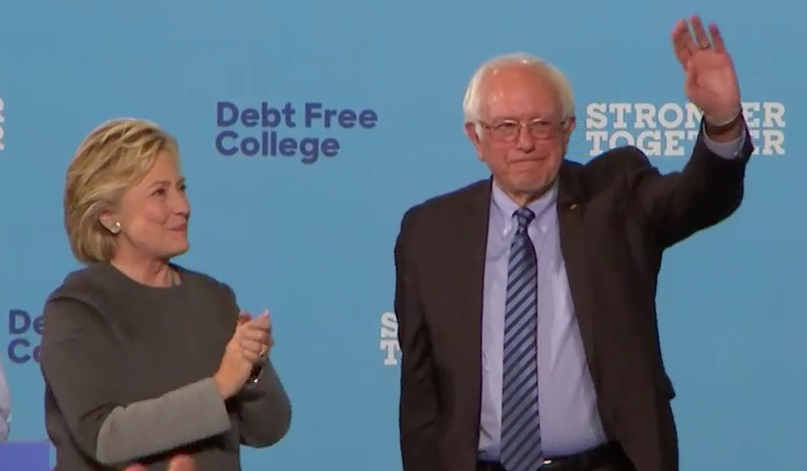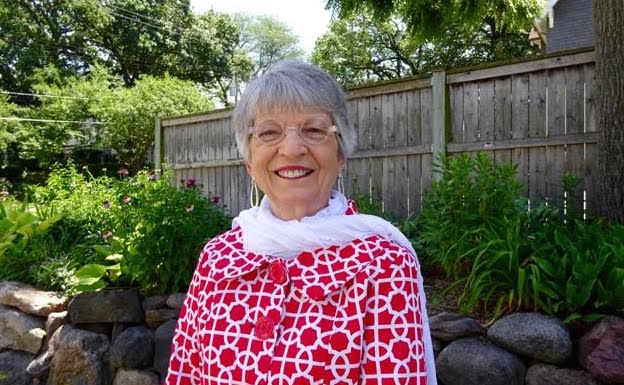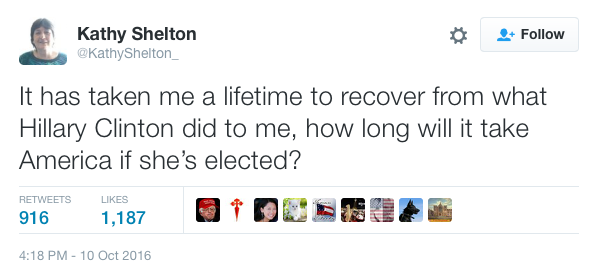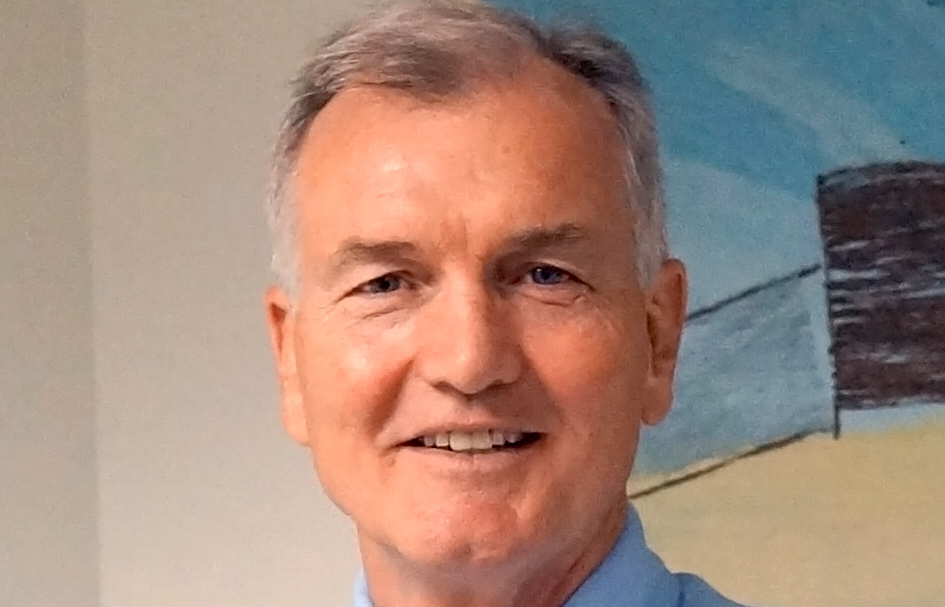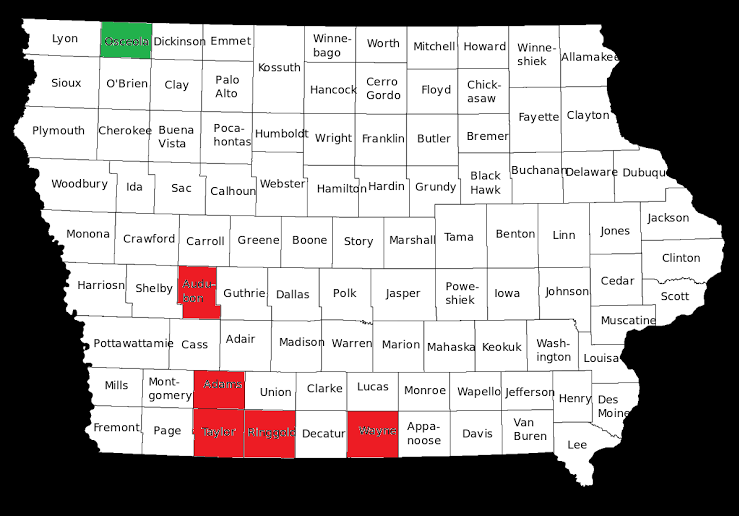Joy Corning was independent. As a state senator and lieutenant governor, she didn’t cater to social conservatives who were gaining strength in the Republican Party of Iowa during the 1980s and 1990s. She paid a price for her principles when she ran for governor in 1998 and got no support from Terry Branstad, along whose side she had served for eight years. She would have been a great governor.
Joy was empathetic. Long before she ran for office, she was a young stay-at-home mom when her husband came home from work with awful news: a woman in their community had died of complications from a back-alley abortion, leaving a husband to raise three children alone. Joy couldn’t stop thinking about that mother. The tragedy fueled her dedication to protecting reproductive rights. “Whatever the circumstances of the unintended pregnancy, we cannot experience the hardship and struggle faced by some women who make this decision. We are simply not in their shoes,” Joy wrote in a guest column for the Des Moines Register this year.
Joy was fair-minded. She was among the first prominent members of her party to support marriage equality in Iowa. During the 2010 campaign, she and former Democratic Lieutenant Governor Sally Pederson co-chaired the Justice Not Politics coalition, supporting the retention of Iowa Supreme Court justices who were under attack after striking down our state’s Defense of Marriage Act.
Joy was fact-oriented. While watching the Republican presidential debates, she was repelled by Donald Trump’s “know-it-all demeanor when he really doesn’t know what he’s talking about.” She came out publicly as #NeverTrump last September and shortly before the election co-authored an editorial endorsing Hillary Clinton, in part because of Trump’s “demagoguery,” “racism, nationalism, misogyny and discrimination against people with disabilities.”
Joy was committed. Some politicians leave the state after their ambitions don’t pan out, but Joy stayed in Iowa and volunteered countless hours for many causes over the last eighteen years. In her obituary, she wrote that she was “most passionate about issues related to children and families, women’s health & rights, equality and justice, education and the arts.” For friends who are inspired to make contributions in her memory, she suggested the Planned Parenthood of the Heartland Foundation, Plymouth Church Foundation, UNI Foundation, or the Des Moines Symphony Foundation. Joy was also a founding board member of 50/50 in 2020, a non-profit seeking to elect more women in Iowa, as well as a founding member of an advisory board for the University of Iowa’s center for gifted education, named in part after my mother. (Joy and my mother became friends when both served on school boards during the 1970s–Joy in Cedar Falls, my mother in West Des Moines. I didn’t get to know Joy until many years later, when I served on a fundraising committee she chaired for what was then called Planned Parenthood of Greater Iowa.)
Joy was kind. Former Planned Parenthood leader Jill June recalled her motto: “If you can’t say something nice, be vague.” That approach to life wouldn’t produce good blog content, but it did make Joy a wonderful human being.
After the jump I’ve posted many other reflections on Joy Corning’s legacy. Please share your own memories in this thread.
Continue Reading...

